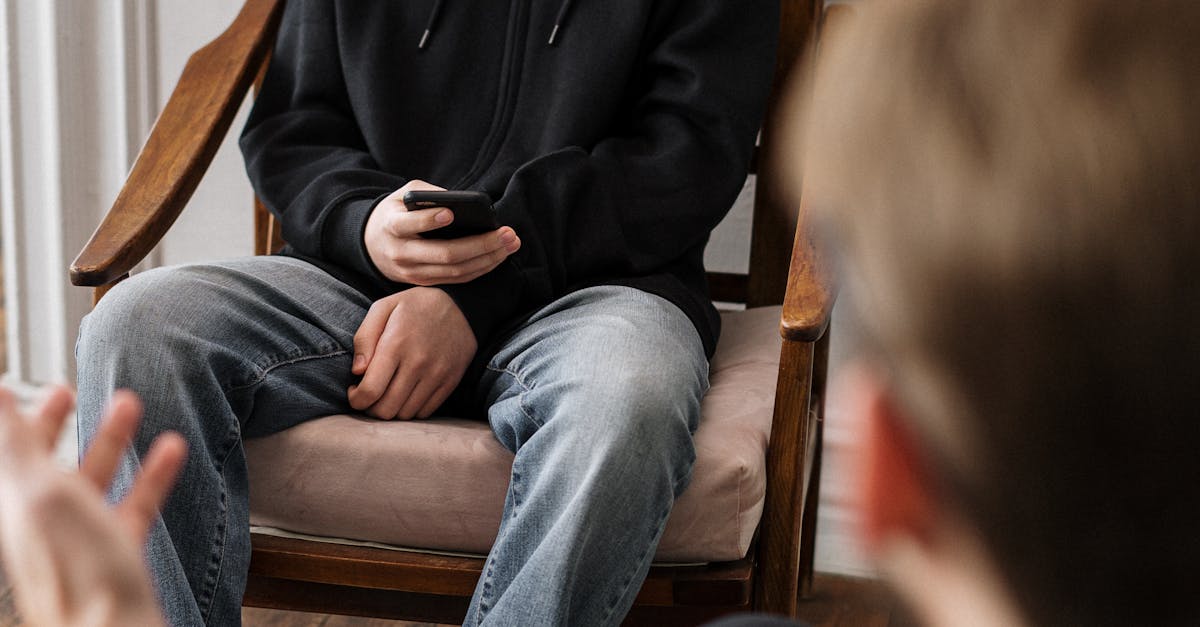# 7 Powerful Strategies to Overcome Life’s Challenges and Find Hope
Life can sometimes feel overwhelming, leading individuals to seek ways to escape their pain. If you or someone you know is struggling, it’s important to focus on positive solutions and seek help. This article presents seven effective strategies that can provide support during tough times.
| Strategy | Description |
|---|---|
| Reach Out for Support | Connecting with friends, family, or professionals can provide relief and understanding. |
| Practice Mindfulness | Mindfulness techniques can help reduce stress and increase emotional resilience. |
| Engage in Physical Activity | Exercise is a powerful mood booster and can help alleviate feelings of depression. |
| Seek Professional Help | Therapy or counseling can provide valuable tools and perspectives for coping. |
| Explore Creative Outlets | Art, music, or writing can be therapeutic and help express emotions. |
| Volunteer and Give Back | Helping others can foster a sense of purpose and improve your own mental health. |
| Establish a Routine | A structured daily routine can bring stability and predictability to your life. |
Reach Out for Support
One of the most effective ways to combat feelings of hopelessness is to reach out for support. Whether it’s friends, family, or a support group, having someone to talk to can make a significant difference. These connections provide a safe space to share feelings and experiences, helping to alleviate emotional burdens. Remember, you are not alone, and there are people who care and want to help.

Practice Mindfulness
Mindfulness involves being present in the moment and can significantly reduce anxiety and stress. Techniques such as meditation, deep breathing, and yoga can enhance emotional regulation. By focusing on the here and now, individuals can learn to manage their thoughts and feelings more effectively, leading to a greater sense of peace and clarity.

Engage in Physical Activity
Exercise has been shown to release endorphins, the body’s natural mood lifters. Regular physical activity can reduce symptoms of depression and anxiety, improve self-esteem, and boost overall mental health. Whether it’s a brisk walk, a dance class, or a gym session, finding an enjoyable form of exercise can be a game changer for mental well-being.

Seek Professional Help
Sometimes, the challenges we face require professional guidance. Therapists and counselors can provide personalized strategies and support tailored to individual needs. They help in addressing underlying issues and developing coping mechanisms that empower individuals to handle stress and emotional pain more effectively.

Explore Creative Outlets
Engaging in creative activities can be an excellent way to express emotions and process experiences. Whether it’s painting, writing, or playing music, creativity offers a therapeutic outlet. These activities can help individuals connect with their feelings, gain new perspectives, and find joy and fulfillment in the process.

Volunteer and Give Back
Helping others can create a sense of purpose and fulfillment. Volunteering allows individuals to connect with their community and make a positive impact. This engagement can shift focus away from personal struggles and foster feelings of gratitude and belonging, which are essential for mental health.

Establish a Routine
Creating a structured daily routine can bring much-needed stability and predictability. Routines help individuals manage their time effectively and set achievable goals. Incorporating self-care activities into a daily schedule can enhance well-being and provide a sense of accomplishment, which is crucial during difficult times.

FAQ
What should I do if I feel overwhelmed?
It’s important to reach out for help. Talk to someone you trust or a mental health professional who can provide support and guidance. Remember, seeking help is a sign of strength, not weakness.
How can I find a therapist?
You can start by searching online directories, asking for recommendations from friends or family, or consulting your primary care physician for referrals. Many communities also offer mental health services at low or no cost.
Are there immediate resources for someone in crisis?
Yes, if you or someone you know is in immediate danger, please call emergency services or a crisis hotline in your area. Many organizations provide 24/7 support for individuals in crisis.
Can mindfulness really help with anxiety?
Yes, numerous studies have shown that mindfulness practices can significantly reduce anxiety and improve overall mental health. Regular practice can help individuals develop better coping strategies and emotional regulation.
References:
– National Institute of Mental Health: [NIMH](https://www.nimh.nih.gov)
– Substance Abuse and Mental Health Services Administration: [SAMHSA](https://www.samhsa.gov)
– MentalHealth.gov: [MentalHealth.gov](https://www.mentalhealth.gov)




